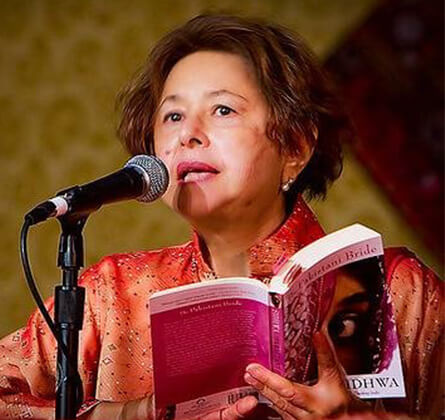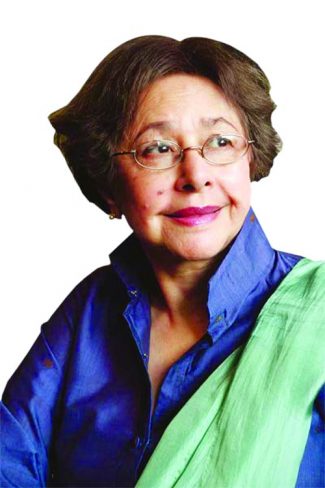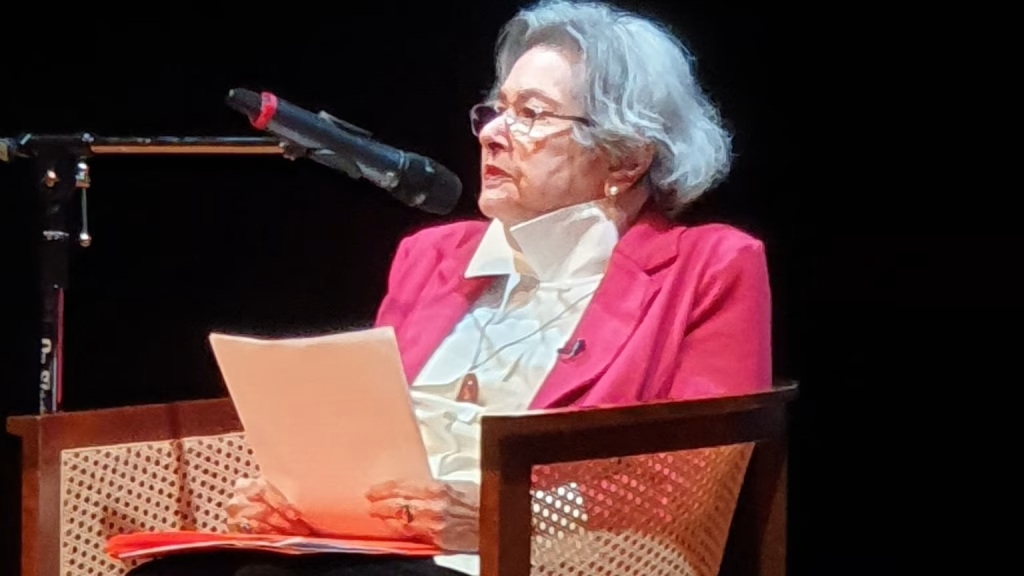Bapsi Sidhwa passes away, leaving behind a legacy as an internationally celebrated author and literary luminary. She died on Wednesday in Houston, Texas, at the age of 86.

Bapsi Sidhwa passes away, renowned for her evocative novels, significantly influencing global literature. Her passing marks a tremendous loss to the literary community, as well as to Pakistan, India, and the worldwide Zoroastrian community.
Sidhwa rose to prominence through her collaboration with Indo-Canadian filmmaker Deepa Mehta. Her novel Ice Candy Man (1991) inspired the critically acclaimed film Earth (1998), while her book Water: A Novel (2006) provided the foundation for Mehta’s Academy Award-nominated film Water (2005).

Her literary works, brimming with historical and cultural nuance, firmly established her as one of the most distinguished writers of her time.
In October 2022, the Citizens Archive of Pakistan released a documentary about her life, Bapsi: Silences of My Life. This film delves into her journey as a writer and highlights how the Partition profoundly shaped her storytelling. Born to Zoroastrian (Parsi) parents in Karachi, Sidhwa spent her early years in Lahore. At the age of two, she contracted polio, a challenge that shaped her resilience and informed her outlook on life.
The Partition of India deeply influenced Sidhwa’s writing. Harrowing experiences, such as witnessing a corpse hidden in a sack, inspired key themes in her groundbreaking novel Cracking India.
After graduating from Lahore’s Kinnaird College in 1957, Sidhwa began her writing career following her marriage and return to Pakistan. Her acclaimed novels, including The Crow Eaters (1978), The Bride (1982), An American Brat (1993), and City of Sin and Splendour: Writings on Lahore (2006), vividly portray South Asia’s cultural and historical essence.
Sidhwa received numerous accolades, including Pakistan’s Sitara-i-Imtiaz in 1991 and the Mondello Prize for Foreign Authors in 2007. The Zoroastrian Hall of Fame also inducted her, recognizing her as a global ambassador for Zoroastrian culture.

To honor her contributions, the Zoroastrian Association of Houston and the FEZANA Information Research Education System established the Bapsi Sidhwa Literary Prize, commemorating her as the first internationally recognized Zoroastrian author.

Sidhwa’s kindness and generosity extended beyond her literary achievements. A former neighbor from Lahore fondly recalled how Sidhwa offered her garage as a painting studio in the 1970s, an act of support that launched an artistic career.
Her passing leaves an irreplaceable void in the intellectual and literary world. Her works, characterized by their depth, empathy, and cultural richness, continue to inspire and resonate with readers worldwide.
Sidhwa is survived by her three children—Mohur, Koko, and Parizad—as well as her timeless literary legacy. Prayers for her departed soul will take place at the Bhandara Agiary in Houston, named after her mother, Tehmina Bhandara.